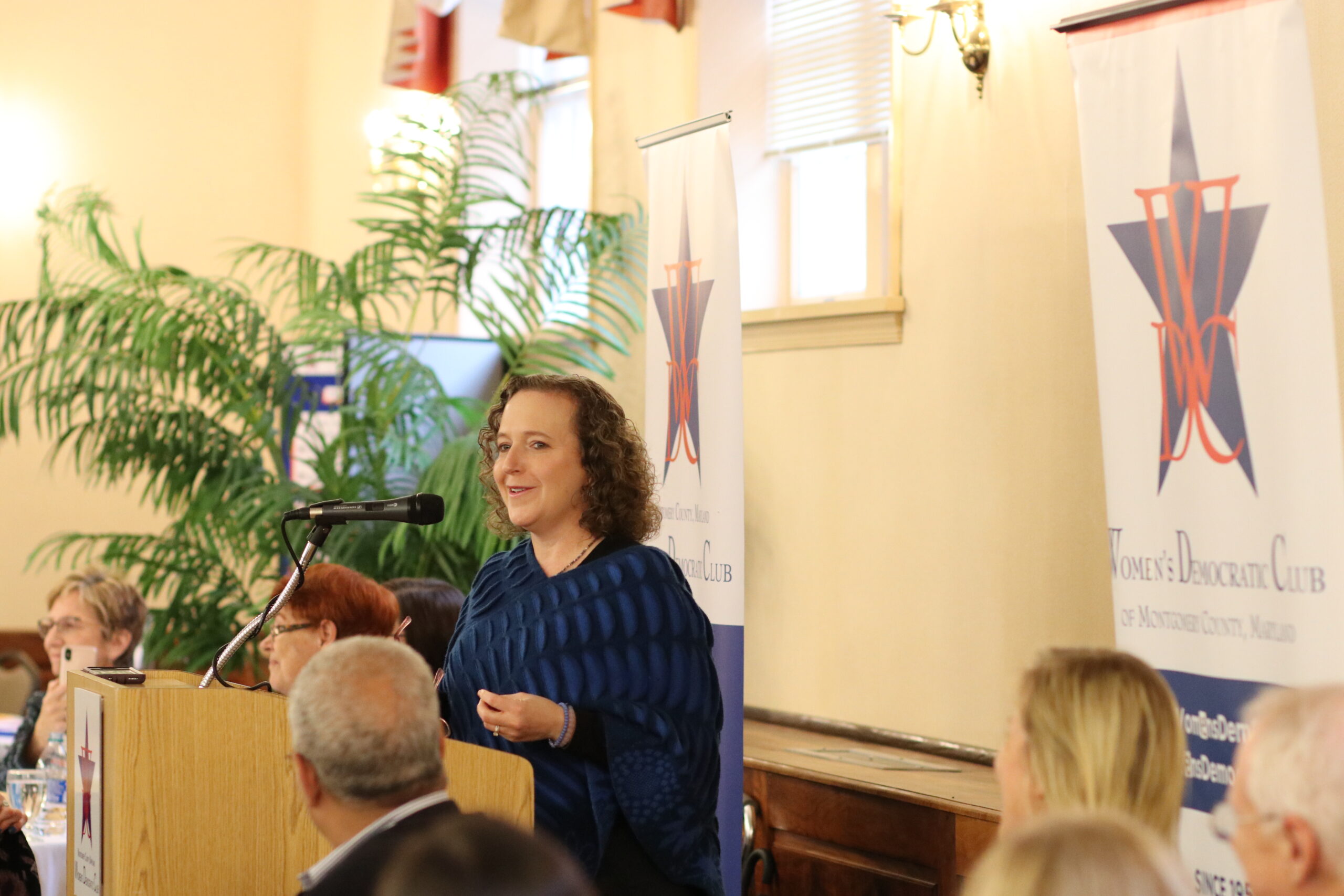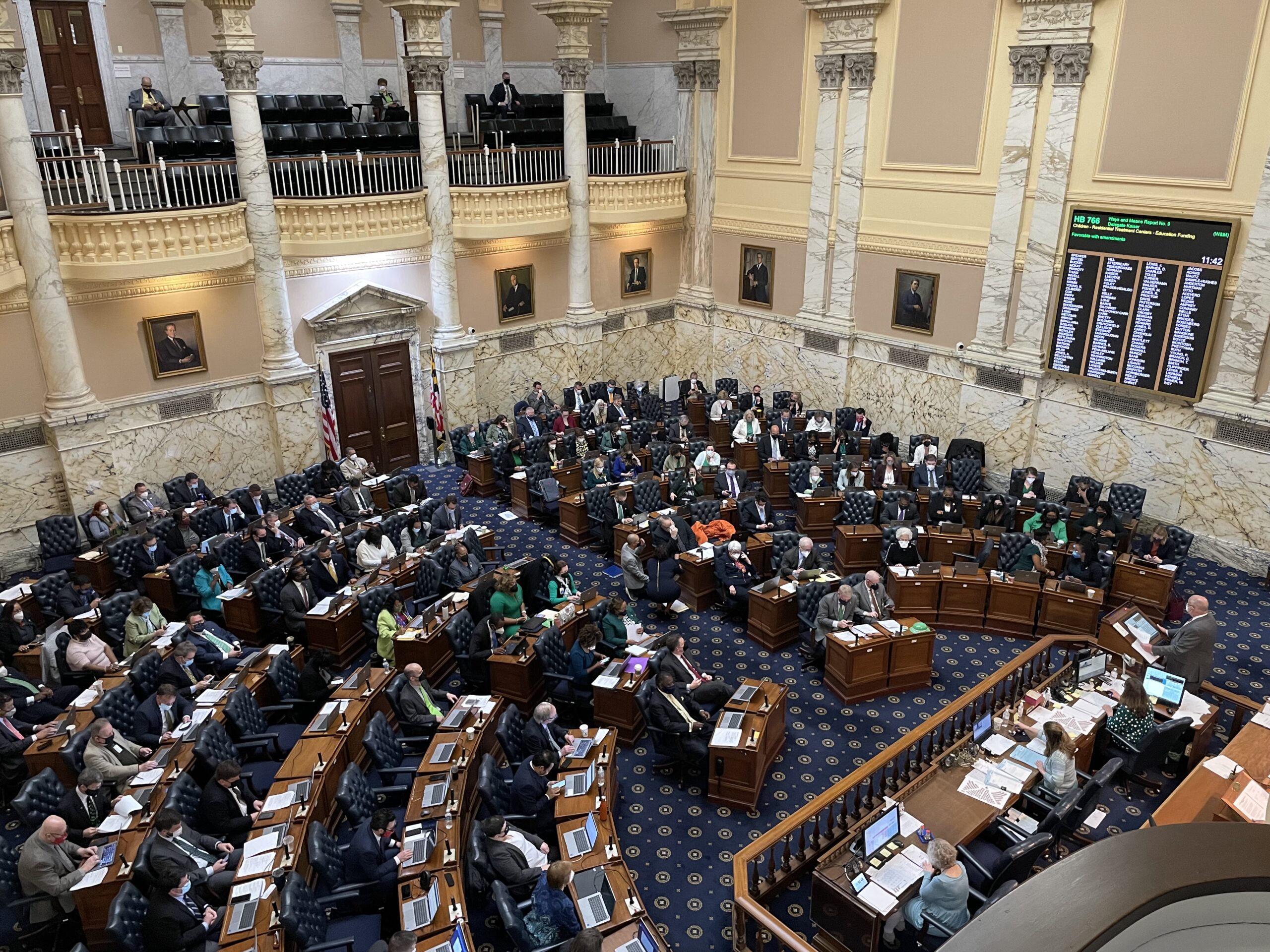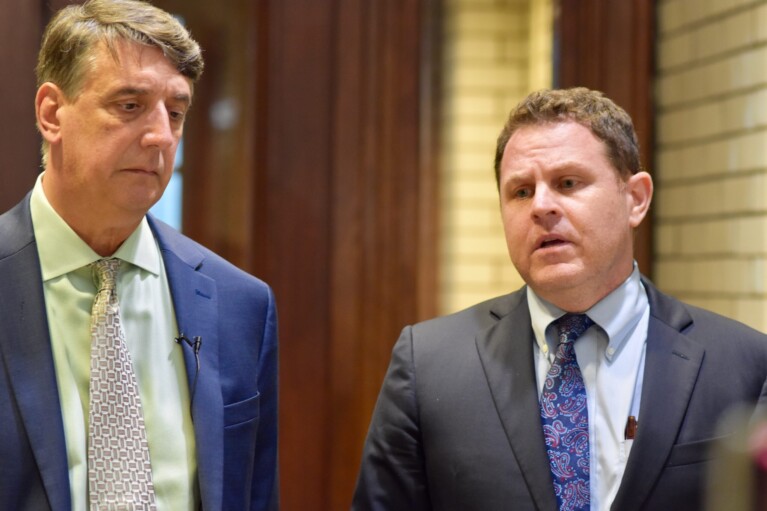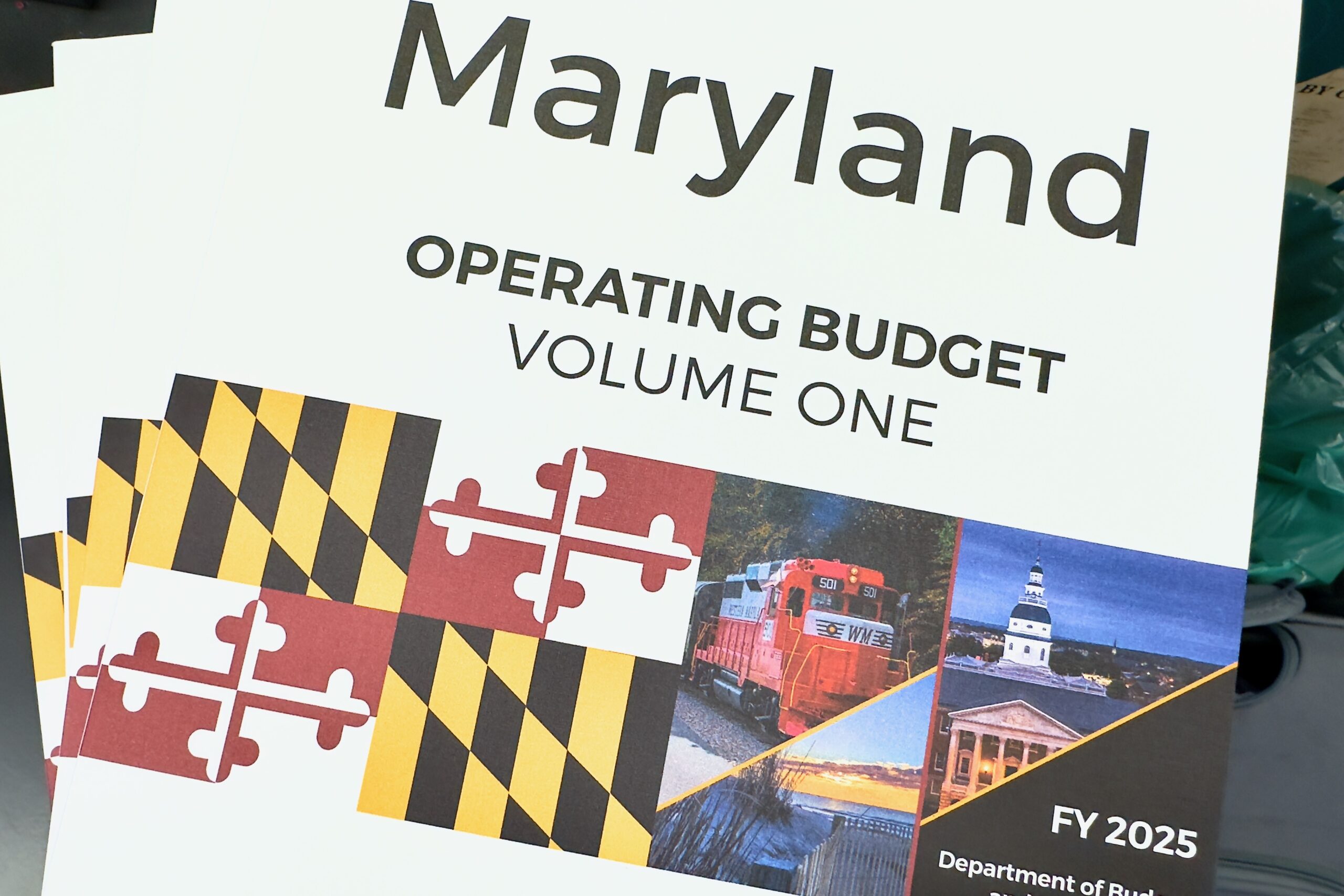‘I’d Put Odds on’ Sports Gaming Passing, Key Lawmaker Says

The Maryland legislature is all but certain to legalize sports gambling in 2020, though the contours of a betting bill remain unresolved, the head of the tax-writing panel in the House of Delegates said on Wednesday.
“I’d put odds on it,” Ways and Means Committee Chairwoman Anne R. Kaiser (D-Montgomery) told Maryland Matters in an interview.
“If you’re a betting person, you should assume we’ll have it,” she added, with a laugh.
What has yet to be decided, the influential lawmaker said, is whether Maryland will allow residents to place wagers on sports events any time they choose, on an app, or will limit gambling to a fixed number of sites.
Because of the process Maryland used to legalize casinos in 2012, a sports gambling bill would require a constitutional amendment, which would need voter approval.
Kaiser said one reason to move a bill now is that 2020 is an election year.
Kaiser’s comments come one day after she and other legislative leaders met with Washington Redskins owner Daniel M. Snyder in Annapolis.
His team is nearing the end of its lease at FedEx Field in Landover.
According to The Washington Post, Snyder said he would be willing to invest in a new stadium on the condition that Maryland votes to allow gambling there.
“They are interested in the sports betting stuff,” Guy J. Guzzone (D-Howard), the chairman of the Senate Budget and Taxation Committee, told the paper.
Having embraced the goals for the Kirwan Commission, a panel that spent three years coming up with recommendations to improve the state’s schools, the General Assembly is now under pressure to come up with ways to fund the panel’s multibillion dollar reforms.
In an interview Wednesday, state Comptroller Peter V.R. Franchot (D) said he’s “not a fan” of new gambling, adding that the revenue stream from sports gaming would likely be “very uneven.”
“I don’t see it as a huge revenue source for the state,” he said.
The House approved a sports wagering measure overwhelmingly in 2018, though the measure died in the Senate.
This year could be different. There appears to be a consensus among leading lawmakers that a sports gaming proposal won’t be nearly so controversial this year.
On Wednesday, Senate Majority Leader Nancy J. King (D-Montgomery) introduced a measure that would establish a constitutional amendment, subject to voter approval, allowing gambling on sporting events. Already 19 of her colleagues have signed-on as cosponsors.
Snyder isn’t the only businessperson hoping to sway the General Assembly.
Owners of other professional sports teams, casinos and race tracks will also be lobbying the legislature for a slice of the action.
Kaiser said there is a case to be made for allowing people to gamble on their phone. A more likely scenario, she said, would be to limit betting to a fixed number of venues.
“I think there are a lot of arguments for online, meeting bettors where they are, and for most people that’s sitting on their couch at home,” she said.
“But at the same time, I do think there’s a group excitement in terms of [being] at a casino, at a racetrack potentially, at sports arenas as well, where people are enjoying an event together.”
“I think there is somewhat of a greater likelihood to do so at those locations,” she added.
Maryland will soon be surrounded by legalized sports wagering.
Delaware was the first state to legalize gambling following the U.S. Supreme Court’s 2018 decision to overturn the Professional and Amateur Sports Protection Act. That law imposed a ban on sports wagering, effectively giving Nevada, which was grandfathered, a monopoly.
In 2019, the first full year of sports wagering in Delaware, gamblers wagered $102.6 million, generating $12.5 million in revenue for the state, according to iGaming Business.
The District of Columbia has authorized a two-tiered system in which gambling will be allowed in a handful of arenas and a small number of taverns, restaurants and hotels. The city legalized gambling in 2018 but a series of controversies has kept betting on the launch pad.




 Creative Commons Attribution
Creative Commons Attribution